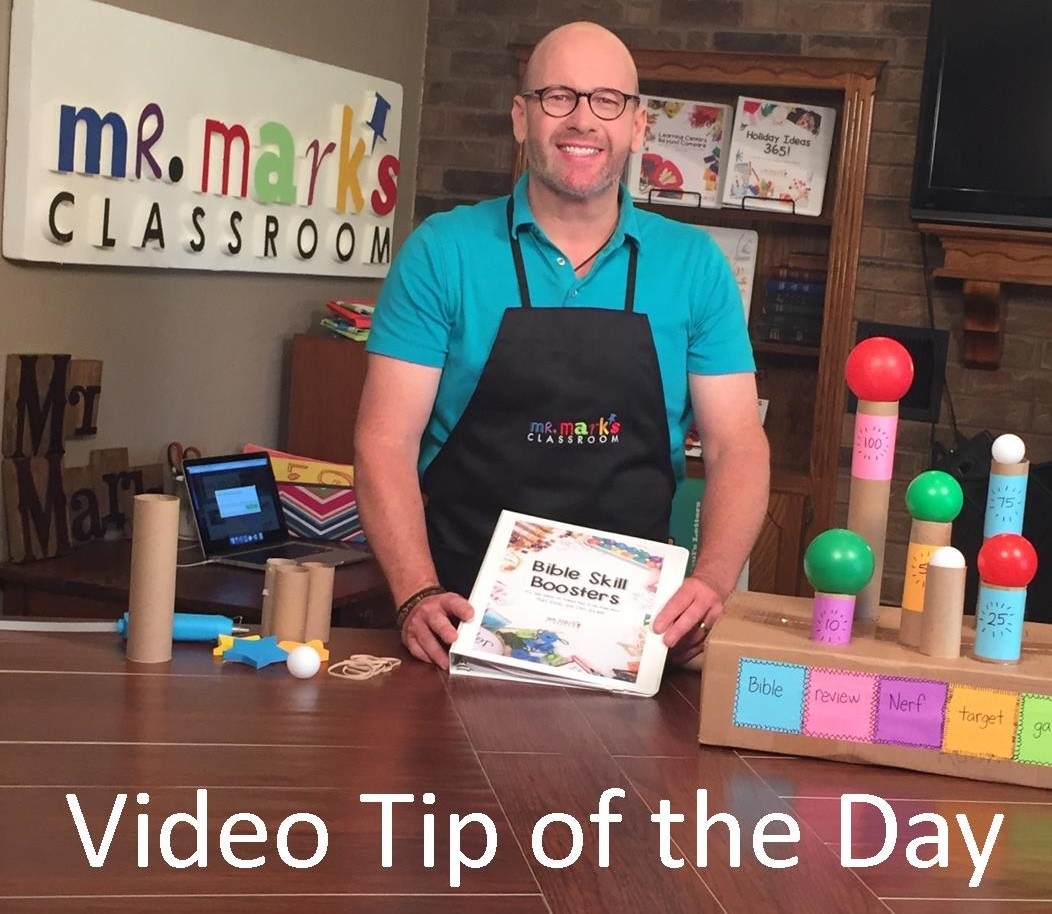Disruptive- Try to understand the purpose for the intense behavior.
- Help the child to not become over stimulated. (What’s the meaning?)
- Give breaks
- Give opportunity to expend his/her energy
- Help child regain control
Defiant- Understand child’s need to feel in control.
- Games where the child dictates the rules and wins
- Show respect and help the child understand others’ point of view
- Role playing
Explosive- Analyze what brings on the explosive behavior.
- Distraction, engagement in something else
- Help child be prepared
- Process the explosive behavior after it is over
Angry and Aggressive- Irritable, easily frustrated, feels successful if “bad”
- Talking
- Eliciting compassion
- Catching the child doing the right thing
- Maintaining kind and firm stance in limited setting
- Suggest alternatives
Non-compliant Child- Understand why the child is so “autonomous” and does not work as a partner.
- Use low voice and try to have the child look at you
- Do not engage in battle of wills
- Get attention of the child before you give instructions
Negative Influences
- Lack of sleep (short attention span, irritability, unfinished activities)
- Child Abuse or Neglect (withdrawn, aggressive- takes out anxiety on other kids or teachers)
- Violence in the home (extreme anxiety level, withdrawn and very depressed, poor attendance record, constant seeking of attention)
- Malnutrition (hyperactivity, drowsiness, loses temper, irritability)
- Excessive TV Watching (short attention span, extreme aggressiveness, difficulty following directions, unfinished activities)
- Parental Pressure (immaturity, overwhelmed by the task, lack of involvement, unfinished activities)






